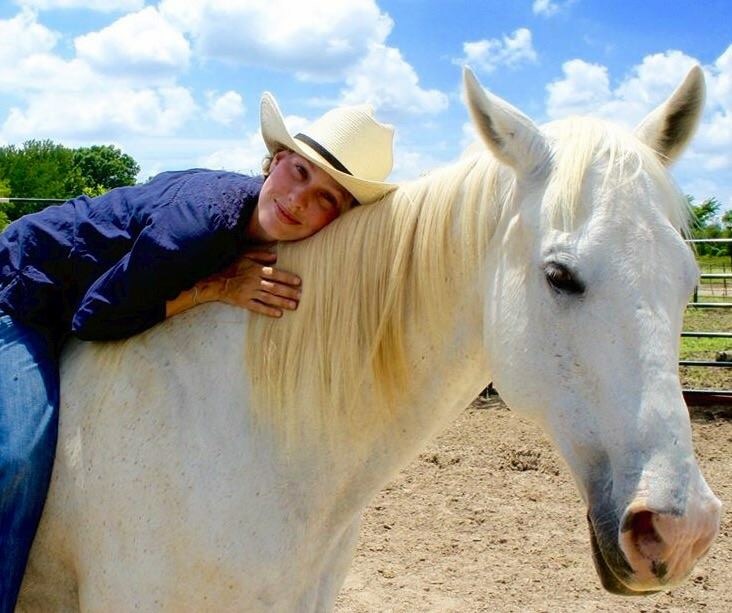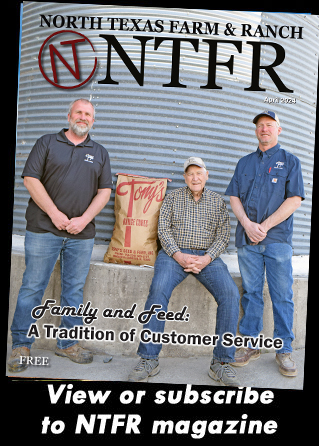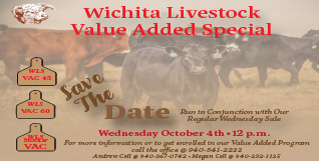HOME
The Breakthrough
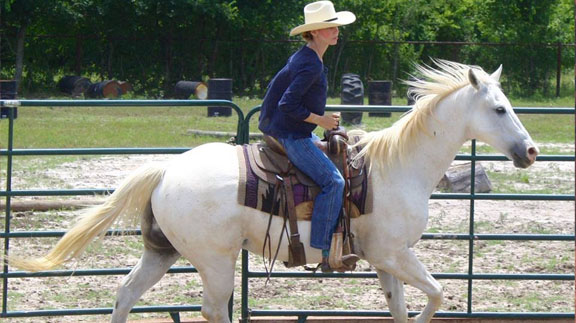
By Amanda Stevens
I am so blessed to work alongside my husband and to have the opportunity to work with so many amazing horses.
One of the most special experiences we have as horse trainers is seeing “the breakthrough.”
“The breakthrough” is when, after a certain amount of time in training, a horse begins to relax with the process, gains more trust for the human and wants to build the relationship with the human.
You can subtly see it start to happen. We call it “making changes.”
It is a gradual process, but then one day, almost like magic, you see a huge difference and that is when the breakthrough happens. You can see it during the training- groundwork, riding, etc. But often you will feel it with them just by being with them, leading them. Usually you can just look at them and see the difference.
They become more relaxed, wanting to connect, welcoming other energy into their world.
It is why we do what we do—to help horses gain complete trust for the human so that they can have an enjoyable life with humans. Along the way hopefully we are educating as many people as we can as to how to better communicate with their horse in a harmonious way.
As a recent breast cancer survivor, I know about anxiety. It is something I continue to have to work through every day.
There is a beautiful lesson horses can teach us about living in the moment and opening our hearts to what is surrounding us.
One of the most fascinating things to me about horses is the way they can let go of past experiences and move forward to truly heal emotionally. Now, some are definitely able to do so more than others. And there are a few that can’t completely go there.
But we have worked with countless horses that have had horrific experiences in their lives. Sometimes you can see the scars physically; other times you can read it all over them by the way they act. With almost all of those horses we have worked with, after some time of being treated with love and respect, they are able to let go of past experiences and open their hearts to try for what the human is asking of them and to want to become our partners.
Letting go. Living in the Moment. An open heart.
Every single horse we work with inspires me and enlightens me.
We are all so blessed to have these magnificent creatures in our lives.
Hope everyone is having a wonderful start to the New Year!
Sending lots of love to all of you and your horses,
Amanda Stevens
P.S. The horse in the pictures is our nineteen year old gelding, Snowflake. He was trained originally to be a roping horse. When we met Snowflake, he had a lot of animosity towards the human. Although you could ride him, he did not trust anyone. He was very aggressive, would bite you and literally would try to run you out of the stall during feeding.
It took time, but he slowly started to change. Then one day, he made the breakthrough. He hasn’t shown any of that behavior for over 10 years now. He was one of the main horses who taught me how to ride. He is so special to me and is one of my dearest friends.
HOME
Farm and Ranch Injuries
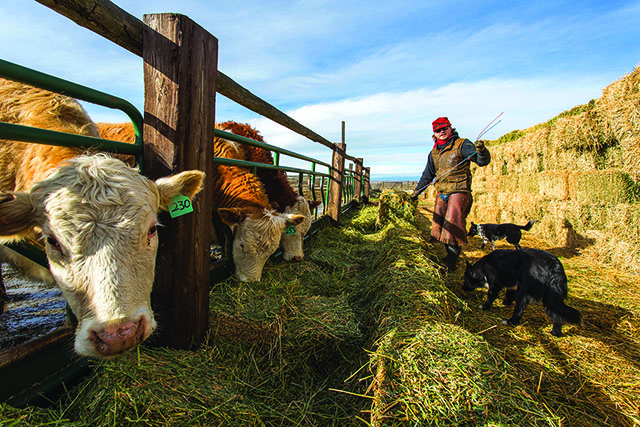
By Barry Whitworth, DVM
In January, I attended the Oklahoma Veterinary Conference. While waiting for one of the sessions to start, a classmate of mine commented how many of the attendees walk with a limp, used a cane, and/or have damaged hands. We all agreed that working with animals is hard on the body. In general, anything associated with farming and ranching is dangerous.
Most farmers and ranchers know that agriculture is a dangerous occupation. According to United States Bureau of Statistics, workers involved in agriculture, forestry, and fishing had the highest occupational fatality rate in 2022. The fatality rate of 23.5 per 100,000 full-time equivalent (FTE) workers for this group is much higher when compared to the overall occupation fatality rate of 3.7 per 100,000 FTE. Most of the agriculture-related fatalities are associated with transportation, such as tractor overturns, and vehicle crashes, but a fair number involve livestock.
To read more, pick up a copy of the March issue of NTFR magazine. To subscribe by mail, call 940-872-5922.
HOME
Jesses Jewelz

By Jesse Kader
Comfy and keep it western. That’s the name of the game this month. It’s hot and who wants clingy clothing? This jumpsuit is perfectly comfortable and relaxed without forfeiting the fashion. Dress it up or keep it casual. See this and more at www.jessesjewelz.com.
HOME
Noble Research Institute Expands New Program Offering Farmers and Ranchers the Essentials of Regenerative Ranch Management
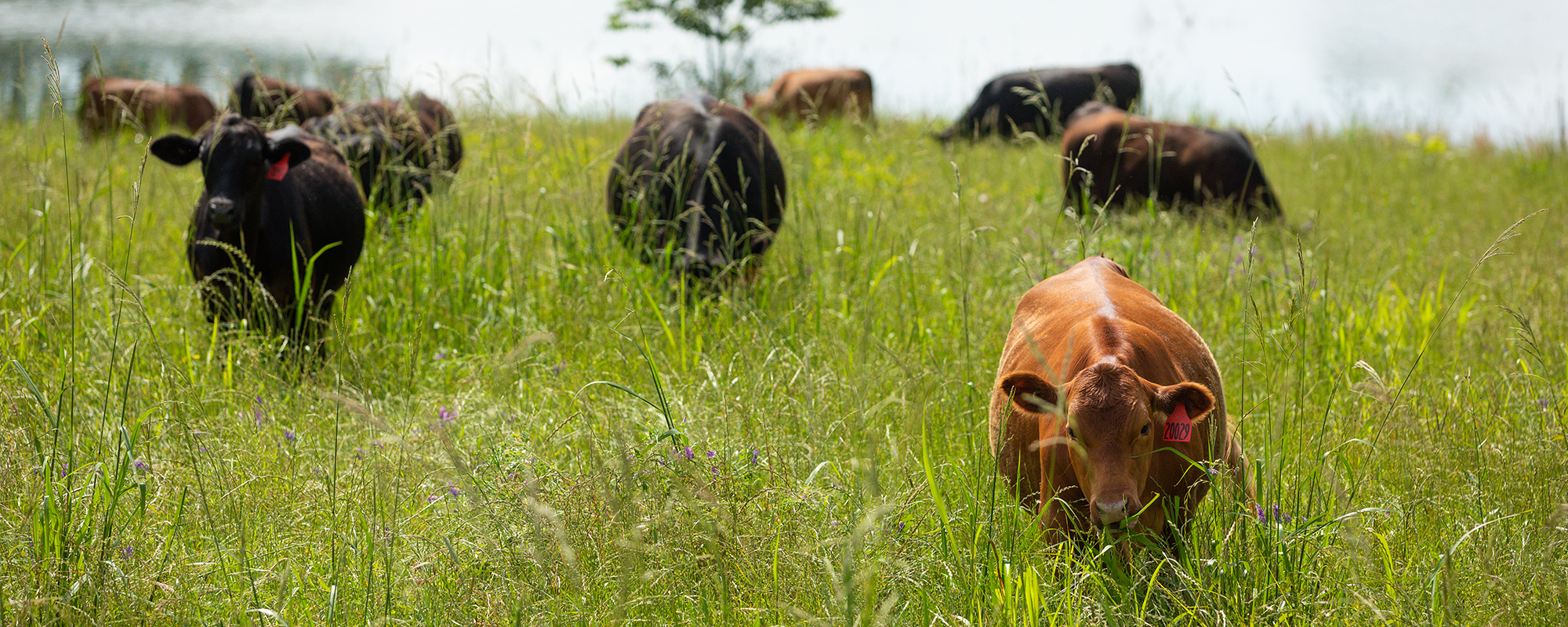
The educational program has been expanded to three new locations, empowering ranchers and farmers to monitor and improve the health of their land, livestock and livelihood through regenerative principles.
ARDMORE, OK–September 12, 2023 – Noble Research Institute announced the expansion of Essentials of Regenerative Ranching, a new educational program designed to help ranchers enhance and restore the land, making it more resilient and reaching livestock grazing goals through regenerative management. Essentials of Regenerative Ranching provides producers with practical tools, hands-on experience and guidance to make data-driven decisions to decrease costs and improve profit.
The Essentials of Regenerative Ranching course has been expanded to three new locations in Texas and Oklahoma. Registration is open now at www.noble.org/essentials. Seating is limited, so early registration is recommended.
Texas A&M
College Station, Texas
October 17 – 18
O.D. Butler, Jr. Animal Science Complex
Noble Research Institute
Ardmore, Oklahoma
October 31 – November 1
Pavilion Center
Texas A&M
Kingsville, Texas
November 7-8
Caesar Kleberg Wildlife Center
“Program participants gain working knowledge and experience of monitoring and improving the health of their soil, grazing livestock more strategically and making informed financial decisions,” said Hugh Aljoe, Noble Research Institute’s director of ranches, outreach and partnerships. “We use a mix of classroom and field work to send producers home with the tools they need to begin making changes on their ranch.”
Farmers and ranchers navigate uncertainty from weather, fluctuating market prices and escalating costs of inputs. Many producers are seeking new tools that offer greater control and reduce their operational uncertainty. Through this course, ranchers and farmers will calculate their financial situations, determine initial stocking rates, carrying capacity and grazing goals.
“The course is well-suited for ranchers of all experience levels and all types and sizes of operations,” Aljoe added. “No matter your situation, this program will transform the way you think about your ranch.”
The Essentials of Regenerative Ranching program allows producers to overcome obstacles, become more informed problem-solvers and increase the productivity of their grazing lands. By participating in this program, ranchers join a community of like-minded producers who are shaping the future of ranching and leaving a lasting impact on their land and families. “If I had known what I learned in this course when I started my regenerative journey, I could have avoided some key mistakes,” said Tana McCarter, a rancher, and Essentials attendee. “I left with the tools I needed to monitor my soil health and financial progress. I’ll now have the right data to make informed decisions on how to meet my regenerative goals.”
Noble Research Institute is an independent nonprofit agricultural research organization dedicated to guiding farmers and ranchers in applying regenerative principles that yield healthier soil, more productive grazing land, and business success.
At Noble, researchers, facilitators and ranch staff work together to share with farmers and ranchers the skills and tools to regenerate the land in a profitable manner. Noble is focused on the regenerative management of the nation’s grazing acres, which directly impacts pasture and range environments, wildlife, pecan production, and livestock production. Regenerative management recognizes that each decision made on the ranch impacts the interactions of the soil, plants, water, animals, economics and people. Noble’s 14,000 acres of working ranch lands provide a living laboratory on which to demonstrate and practice regenerative principles and ideas to deliver value to farmers and ranchers across the U.S.
-

 Country Lifestyles1 year ago
Country Lifestyles1 year agoScott & Stacey Schumacher: A Growth Mindset
-

 Equine7 months ago
Equine7 months agoThe Will to Win
-

 Country Lifestyles7 years ago
Country Lifestyles7 years agoStyle Your Profile – What your style cowboy hat says about you and new trends in 2017
-

 Country Lifestyles4 years ago
Country Lifestyles4 years agoAmber Crawford, Breakaway Roper
-

 HOME7 years ago
HOME7 years agoGrazing North Texas – Wilman Lovegrass
-

 Country Lifestyles7 years ago
Country Lifestyles7 years agoDecember 2016 Profile, Rusty Riddle – The Riddle Way
-

 Country Lifestyles8 years ago
Country Lifestyles8 years agoJune 2016 Profile – The man behind the mic: Bob Tallman
-

 Outdoor9 years ago
Outdoor9 years agoButtercup or Primrose?

